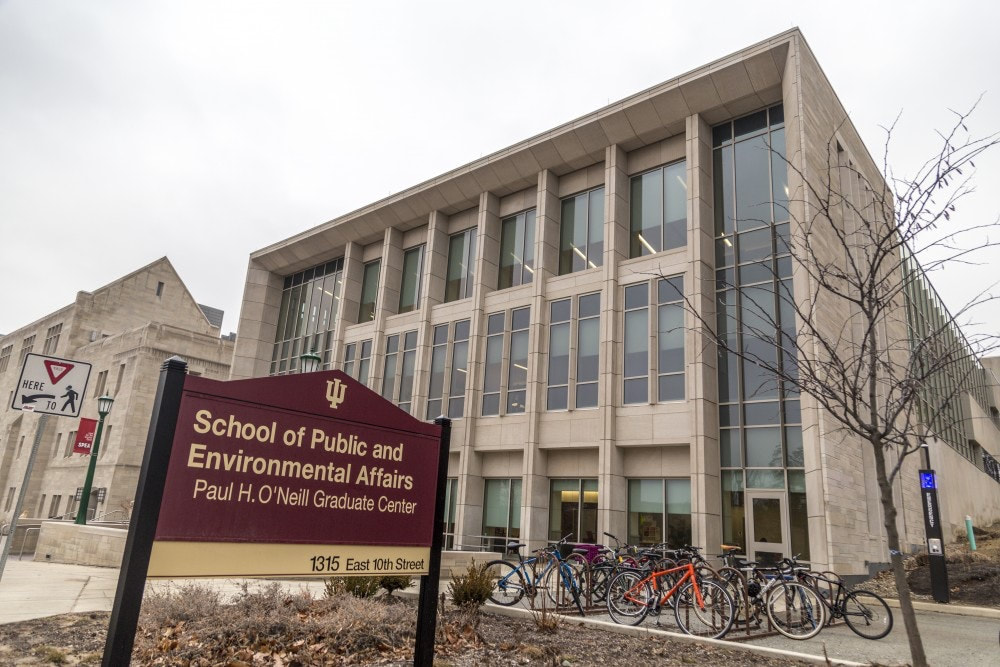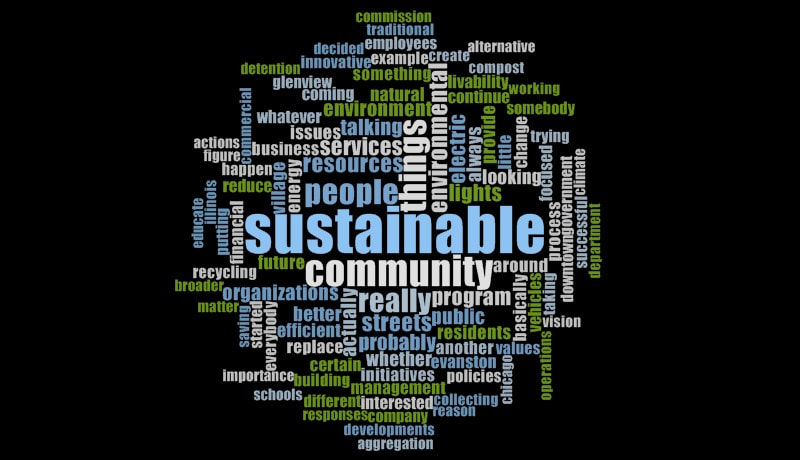|
Do local policymakers strategically use delay in permitting development to forestall the growth machine?
Land use and development approval processes vary tremendously among local governments in the United States and globally. State-imposed growth-management rules, economic conditions and the scale of environmental problems can explain some of this variation. But there is little empirical evidence as to whether politicians and public administrators also utilize land use and development approval time frames as a method of strategic choice, expediting the development application and approval process or subjecting development requests to lengthy scrutiny. In a paper António Tavares, Richard Feiock and I published in Policy Studies Journal, we employ a political market framework to explain differences in local government land use decisions. Project approval delay imposes costs on development, and onerous or ineffective regulatory frameworks for urban planning are often faulted for a host of undesirable urban outcomes. Using Bayesian multilevel modelling of Florida surveys of land-use planners, we find evidence city managers, mayors and city councils strategically use delay in development approval processes to affect land-use patterns.
0 Comments
|
AuthorI work as an Assistant Professor at the O'Neill School of Public and Environmental Affairs at Indiana University Bloomington. There, I direct the MGMT Lab. Archives
January 2023
Categories |



 RSS Feed
RSS Feed
